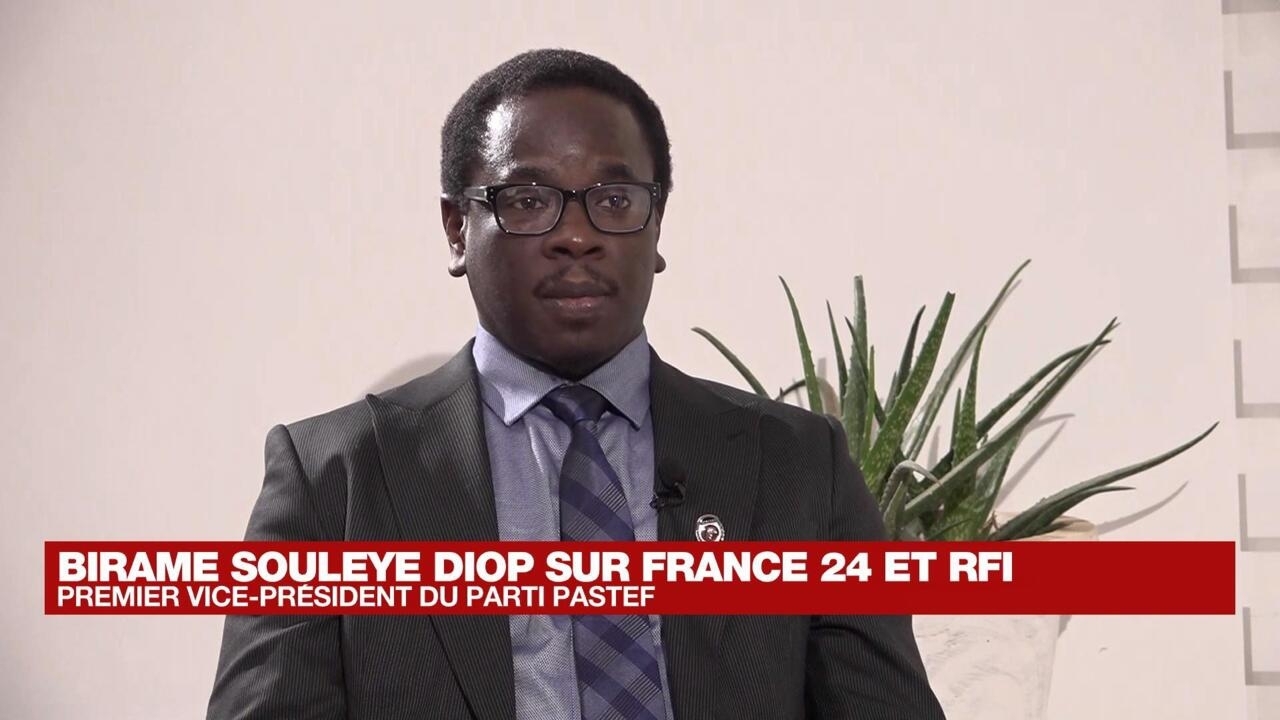Despite the Constitutional Council's rejection of opponent Ousmane Sonko's candidacy, his officially dissolved Pastef party says it is confident of victory, even with a replacement candidate behind bars today.
On January 28, Ousmane Sonko, who is in prison, named his No. 2, Bassirou Diomaye Faye, as his successor in an undated video the presidential election on February 25th in Senegal. Bassirou Diomaye Faye is certainly in prison too. But he saw his candidacy confirmed by the Constitutional Council. And on RFI and France 24 today, Birame Souleye Diop, vice-president of Pastef and head of the Pastef group in the National Assembly, affirms that the candidate and prisoner Bassirou Diomaye Faye is “fully prepared to meet the expectations of”. voters because he has consistently worked on the political program that we represent.”
How do you campaign behind bars? Birame Souleye Diop reminds us that there is a famous precedent. In August 2018, prisoner Lula da Silva ran in Brazil's October presidential election. His candidacy was certainly not confirmed at that time. But four years later, Lula, who has since been released, was elected.
Isn't there a risk that Ousmane Sonko's camp will be crushed by the electoral machine that supports Prime Minister Amadou Ba, the presidential heir to the throne? Macky Sall ? “Not at all,” replies Birame Souleye Diop, “because Amadou Ba doesn’t go on the streets to make people say “Amadou Ba”, he goes on the streets to hear “Ousmane Sonko”, he has never done that politically He is not worried about the cost of living and the voting intention in our favor is around 71%.”
Isn't the lack of reaction on the street following the rejection of Ousmane Sonko's candidacy an expression of the fact that he is running out of strength on his side? Absolutely not, replies the Vice President of Pastef, because his movement “adapts its strategy to the circumstances”. After the street strategy came the ballot box strategy.

